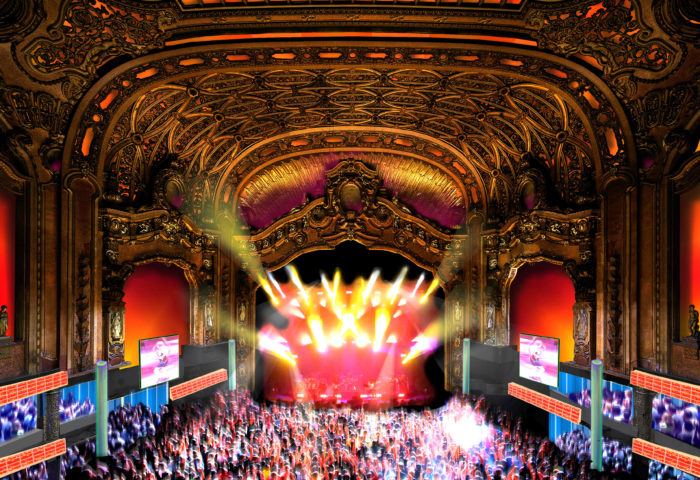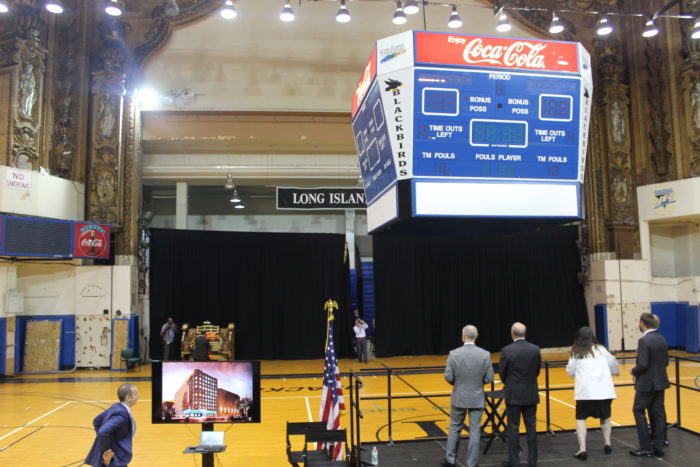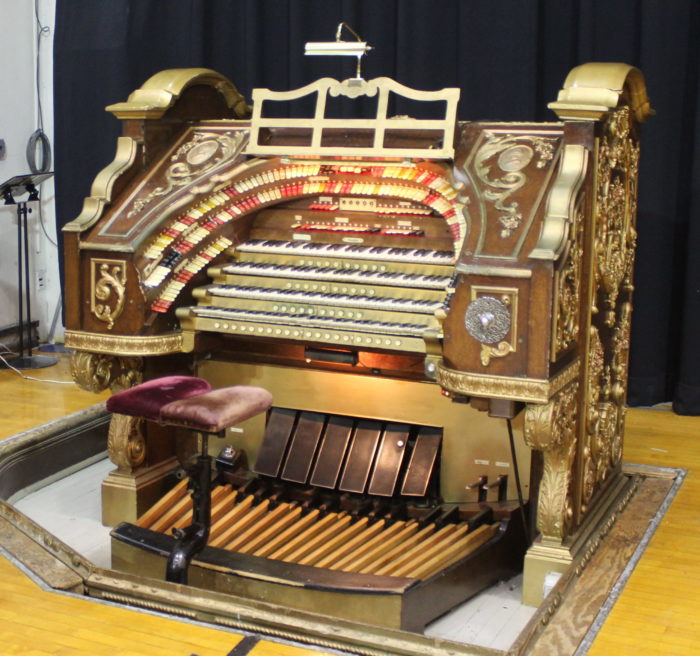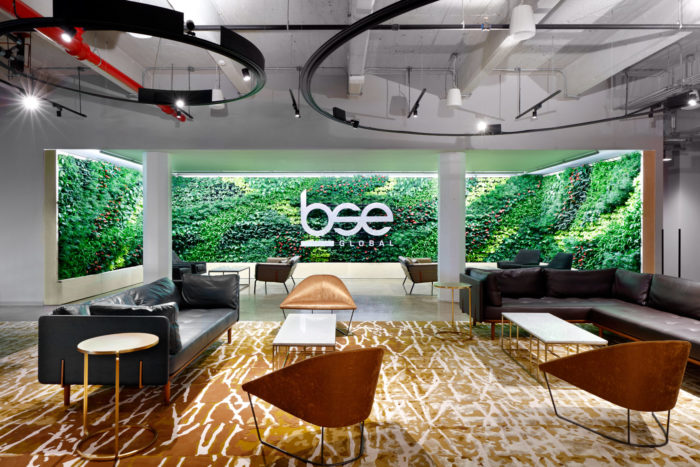Renovation begins for LIU Brooklyn Paramount Theatre

The renovated theater, shown here in a rendering, will accommodate 3,000 (Rendering courtesy of BSE Global)
It was once one of New York City’s great show palaces, along with Radio City Music Hall and Brooklyn’s Kings Theatre. The Brooklyn Paramount Theatre, built in 1928 with a grand, French Baroque interior, showcased the great entertainers of the 20th Century at the corner of Flatbush and DeKalb avenues. The hall is now dormant, but its comeback began today with a ceremony to launch a reported $50 million renovation to restore it to its former glory.
“The renovation of this physical structure will impact the spiritual structure of the borough,” declared Borough President Eric Adams, who touted the venue’s future along with officials from Long Island University, which owns the building, as well as executives from BSE Global (formerly Brooklyn Sports & Entertainment), which has signed a 49-year lease to operate it as an entertainment and educational center.

A “groundbreaking ceremony” included a final lowering of the old basketball scoreboard (Photo by Arden Phillips)
“While the theater’s main focus will be reviving its legendary music roots, we also plan to host a mix of family entertainment, comedy, sporting events, and programs for LIU students,” said Brett Yormark, CEO of BSE Global. Yormark said his company is “looking forward to developing talent behind the scenes through our partnership with LIU. Upon opening in mid 2019, LIU students will be joining BSE Global’s team in running this venue.”
The renovation will include moving the entrance back to the original corner location, re-establishing a loge-level balcony and box office, and updating the lighting, restrooms, and sound systems. All told, the renovation is expected to create 200 construction jobs and nearly 100 positions at the new venue. The renovation was originally announced in 2015, with a planned completion date of this year.

The original Wurlitzer pipe organ has been preserved for future events
In its prime, the 4,000-seat Brooklyn Paramount was a movie palace affiliated with Paramount Pictures as well as a stage for jazz greats, Yiddish music, and later the pioneers of rock ‘n’ roll, including Chuck Berry and Buddy Holiday. The theater closed in 1962 and its new owner, LIU, converted the hall to a basketball gymnasium the following year. LIU Brooklyn’s teams played there until 2006, when they moved to a new sports facility on campus.
The refurbished hall, which will have an audience capacity of 3,000, will be unlike any in Downtown Brooklyn. Despite its past conversion for sports, much of its original grandeur has been preserved, including its opulent ceiling, which the New York Times described as “a riot of filigree domes, twisting guilloches, scrollwork and statuary,” and its original Wurlitzer organ, which has 1,838 pipes.

As part of its rebranding, BSE Global has built a new headquarters in Industry City Photo courtesy of BSE Global)
“The process we are undertaking is not simply about restoring the building. It’s about the opportunity to provide for our students, all of Brooklyn, and the entire state of New York,” said Kimberly Cline, LIU’s president. As part of today’s event, the basketball scoreboard that had been suspended from the ceiling over center court was ceremonially lowered for the last time.
Brooklyn-based BSE Global oversees several major venues, including Barclays Center, Nassau Coliseum (now under the banner of NYCB LIVE), and Manhattan’s Webster Hall. The company manages and controls the Brooklyn Nets as well as the business operations of the New York Islanders.
Earlier this month, the company launched the new brand identity, BSE Global, to reflect its growing portfolio beyond Brooklyn. BSE opened a new, 70,000-sq.-ft. global headquarters in Sunset Park’s Industry City, one floor beneath the Nets new training center. The new, open-floor plan in the century-old industrial space was furnished by Brooklyn-based West Elm and decorated with murals evoking the sports and street culture of the borough.










